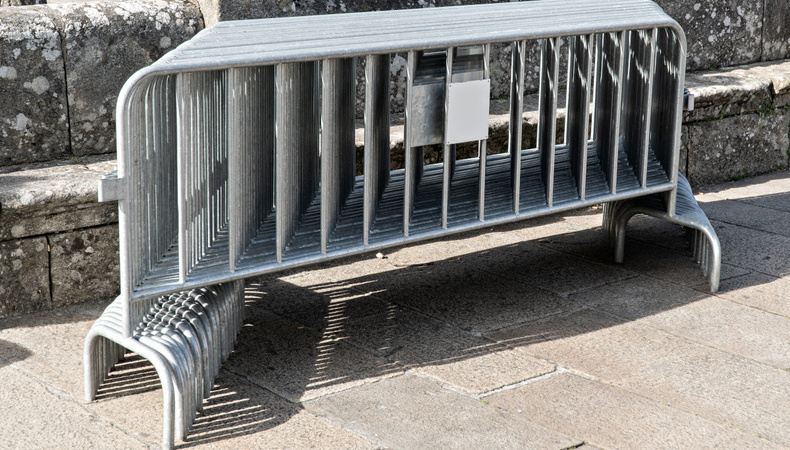Crowd Management: How to Safeguard Your Sussex Event
Crowd Management: How to Safeguard Your Sussex Event
From festivals to conferences, sports matches to marches, it’s rare to find a day when there isn’t an event going on somewhere in Sussex. Events bring thousands of visitors to the county every year, from the crowds that fill Brighton during the annual Festival and Fringe to the motoring enthusiasts that flock to the Goodwood Festival of Speed.
It’s great for our community and great for business; in West Sussex alone the tourism economy is responsible for more than 38,000 jobs and brings in over £2.1b. A rich and varied culture also helps to create places where people want to live and work. Brighton’s position as one of the most desirable cities to live in the UK is due in part to its abundance of entertainment.
Safety first

As any event organiser will tell you, a lot goes on behind the scenes to ensure these occasions proceed without a hitch. Finding a venue, applying for a licence, agreeing a budget - the checklist of tasks goes on. While every stage of the planning process is important, safety should always take priority.
It is a legal requirement that a full risk assessment is carried out when planning any event that involves the public. This should include determining how many people will attend, assessing site or venue suitability, profiling the target audience and identifying key hazards.
Crowd management, which includes maintaining clear entry and exit points and avoiding bottlenecks, is key, says the Health and Safety Executive (HSE). “Organisers should establish that they can manage a crowd safely for the type of event and at the venue chosen. “Even if the event is free or takes place on urban streets or open spaces you should still apply the same crowd management principles to help make it as safe as possible.”
Provision and Organisation
Depending on the size and scope of an event, this may mean hiring professional stewards or marshals, erecting signage or installing security fencing. “When dealing with large crowds, barriers and fences are ideal for preventing opportunistic queue jumpers,” says Jim Treacy, of Horsham civil engineering contractor Maltaward. “Event fencing and barriers organise people into safe and orderly lines while significantly reducing the opportunity for queue jumping.”

The risks of poor crowd management include crushes, falling, dangerous behaviour such as climbing onto structures and accidents that stem from visitors being too close to roads or event activities. At large-scale events such issues can even become fatal.
Informing the right people
For these reasons it is recommended that local authorities should always be informed of any event planned in a public space or involving the public, even if the event does not require a licence or any road closures. The council can then advise if it is necessary to consult other council departments, agencies or the emergency services.
Experts recommend planning any event as far in advance as possible to allow time for paperwork and any delay. If everyone follows the guidance we should be able to look forward to enjoyable, safe events across Sussex for years to come.
